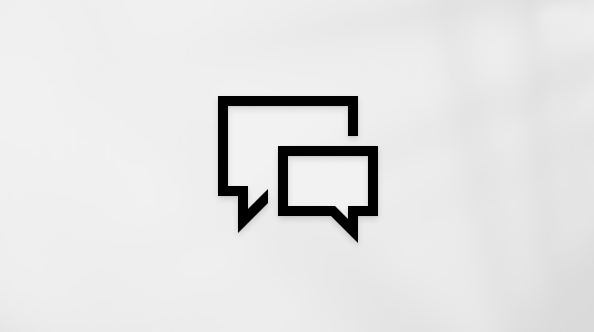When your PC is plugged in, you might see a status message that says your PC is charging slowly or discharging when you hover over or select the Battery icon on the taskbar. This might happen if you’re using a charger that doesn't meet the requirements of your device. To speed up charging, use the charger and cable that was designed for your device.
PC is charging slowly or discharging when it’s plugged in
|
Possible causes
|
Solutions to try
|
-
The charger isn’t compatible with your PC.
Note: Some USB chargers, such as micro USB and USB-C chargers, use a proprietary charger. Therefore, your PC might only be able to use a charger from your PC manufacturer.
-
The charger isn’t powerful enough to charge your PC.
-
The charger isn’t connected to the charging port on your PC.
-
The charging cable doesn’t meet the power requirements for the charger or PC.
Notes:
-
A PC with USB-C connectors has higher power limits than a PC that doesn’t charge using a USB-C connection. USB-C can support up to 5V, 3A, 15W. If the connector supports USB Power Delivery, which is a standard, it can charge faster and at higher power levels.
-
To get the fastest charging time, your PC, charger, and cable must support the industry standards. Your charger and charging cable must support the power levels that the PC needs for the fastest charging time. For example, if your PC requires 12V and 3A for charging, a 5V, 3A charger won’t be the best for charging your PC.
|
-
Use the charger and cable that was designed for your PC.
-
Make sure you're connecting your charger to the charging port on your PC.
-
To speed up charging, charge your PC while it’s asleep or turned off.
-
Contact your PC manufacturer to help determine the charger to use. For Surface devices, see Surface power supplies and charging requirements.
|











